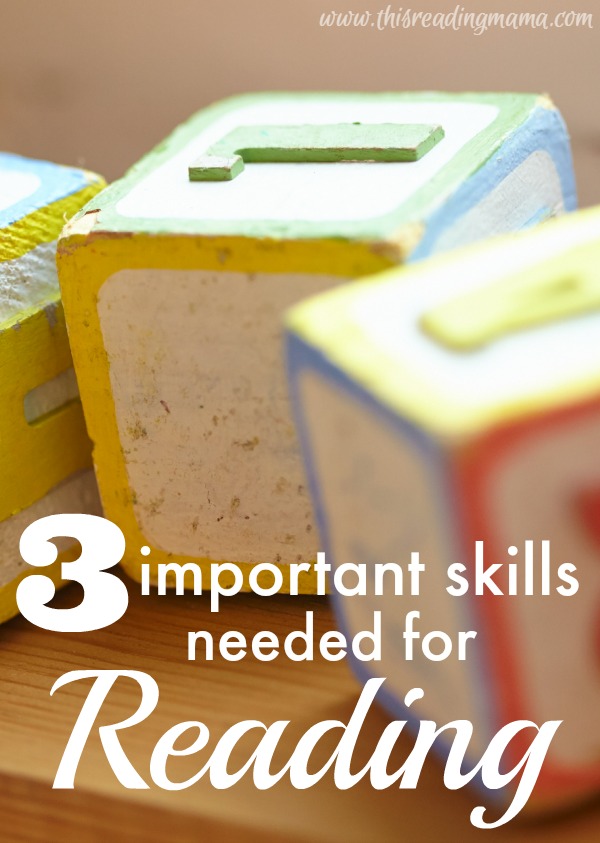by Ann Mitchell | Sep 27, 2018 | Home
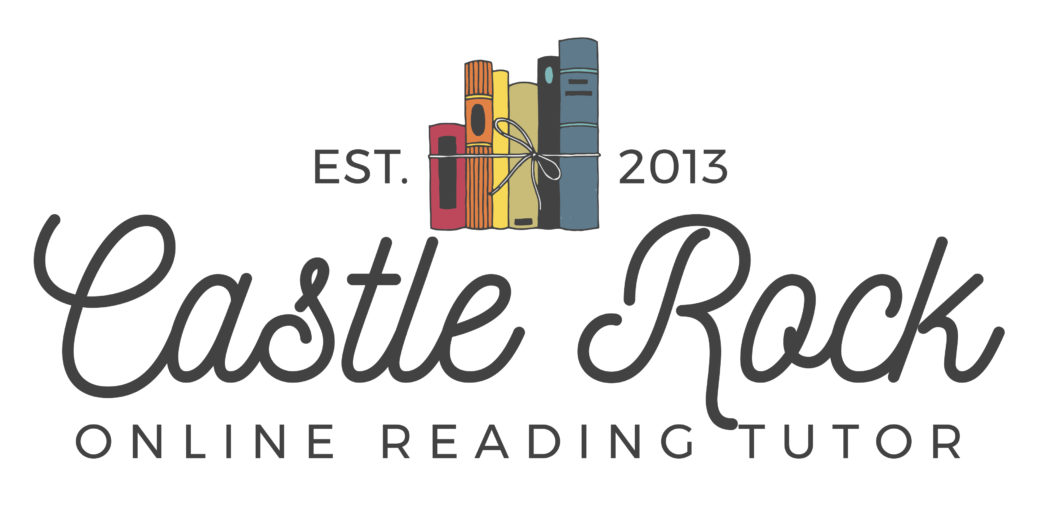
Whether it is helping your child study a weekly spelling list, understand those vocabulary words or even help them to read those books that they so badly want to read. As a tutor, I offer website and app suggestions to help children who struggle. Not only the families that I work with but families that just need help and have reached out for suggestions. Here I am listing several of the sites I have shared,
Raz Kids this website is a paid site. As a tutor I provide a FREE subscription to families I work with, The stories are for children in K – 6, but if a child is struggling they will not be reading at their grade level. This provides students the ability to read at their level, become successful and confident with what they are reading as they move through the different levels. I have seen so many of my students close the gap and become excited about reading. Raz Kids may already be in your child’s school setting. Many of the students I have worked with have said they know about this site. It offers like I mentioned books at their level. After each story, there is either a 5 or 10 question quiz. I do suggest that children read at least one story a night and that parents listen to their child read and help them go through the quiz if they do not understand the question.
Education.com is a site that I provide frequently to parents and even other tutors looking for resources to help the children they work with. This site has popular searches, worksheets, and more. The grades range from Preschool – 5th grade. Again if your child is struggling they may not be working at their exact grade level until they begin to close that gap. I want to make sure those holes are filled in before we make it even harder to get them to move forward and become confident readers and learners. Did I mention this site offers both math and English concepts?
ReadWorks It has it’s own YouTube Channel. Even The National Education Association lists it on their website for a good resource for teachers. Read Works can be used digitally, projected in the classroom setting and as a printout. I use it in my tutoring services as another format for parents to help their child widen the vocabulary and comprehension skills. In my sessions, I ensure that the student understands what is happening to help them achieve success. They know that they need to do their part as well. Read Works supplements a classroom for grades K – 12. Teachers can track each student. It also supports students in ELL and Special Education by providing less complex articles and audio versions. Did I mention that this site is FREE? It’s amazing!
Vocabulary Spelling City is new to me but what I have seen it works. I chose the FREE site so that I can help my students with their spelling and vocabulary lessons during our sessions in a fun and creative way. Spelling City is offered for free, to families and to schools. Once you learn how to navigate the site there is a list of grade level spelling words and academic vocabulary words. These words can be used in a game to make it fun. So that they are learning and having fun! I will provide an update as time goes on and I use it more frequently with my students.
Reading Rockets is brought to you by WETA broadcasting. This site offers support for teachers and for struggling readers. Reading Rockets has videos, stories, a blog to search for any questions you may have. Fun stuff for teachers, parents and children alike.
A few of the students I work with do not only struggle with reading but they also struggle in math. The following math site I use and share.
XtraMath is for students who may know their facts but need to pick up fluency in addition, subtraction, multiplication, and division. It is a program to help increase the fluency and accuracy of those problems. It starts with addition depending upon grade level and knowledge of facts.
Blogs That I Follow
This Reading Mama (affiliate link) is for the younger reader. She has an assortment of items to choose from; printable items, spelling, phonics, and even APPS she has developed. Awesome ideas for homeschool families and teachers alike. Becky is a homeschool mom and shares this blog and store for so many of us to use and enjoy!
Become An Online Tutor Blog this is where I get most of my information pertaining to my business. If you are new to tutoring this is a great resource.

by Ann Mitchell | Sep 7, 2018 | Home
Reading Fluency and Confidence. As a child and to this day I have had to work on my reading fluency. In middle school, I remember going to a special class to work on the computer to help increase my fluency. I thought to myself why do I need to increase my fluency rate. I can comprehend ok. Not great but ok. Then came the day I remember I needed to read out loud in class. That did it. Everyone else could read fluently, clearly and pronounced every. I pronounced every word correctly but at a lot slower rate than everyone else. Over the years I have progressively gotten better. I did not work with a tutor or anyone because I did not want anyone to know. Confidence in my reading was at an all-time low.
There has always been the push that 20 minutes of reading every night is best for children. If you are a parent you understand that. However, just as when I was growing up reading out loud is not comfortable when you struggle with reading. As a tutor now I recommend parents to read out loud with their children. That way you know and can hear why they are behind and struggle in school.
What is fluency and why does it matter if we read quickly? Fluency is the ability to read a text accurately, with proper speed, and expression. It is important because it provides a connection between word recognition and comprehension. When fluent readers read silently, they recognize words automatically. They can group words quickly to help them gain meaning from what they read.
You may be wondering what you should look for if your child is struggling with fluency.
- Do you ever hear your child say, “I hate reading?” or “This is so stupid.”
- Your child may say, I get stuck when there’s a lot of words on the page
- It takes too long, so I just give up.
- They may read slow and sort of choppy and without expression
- At school, they may be below grade level when it comes to fluency
What you can do to help:
- Have your child track with their finger as they read so that they can stay in the right place
- Always support and encourage them
- Check with teachers and see where their fluency level is, check on decoding and word recognition as well
- Get some books on tape (at their reading level) so that they can follow along
- Read with them a paragraph at a time and have them practice your speed. This may take time so just encourage them to do their best
- Does your child have a favorite book? Have them read it (like they probably do) over and over. They will begin to recognize those words immediately.
- Look at the local library for reader’s theater, poetry or even reading music lyrics
- Have them read just right books*
Just right books are books that your child is comfortable reading. When they pick out a book from the library*
- Open to any page ( must
 have mainly words on it)
have mainly words on it)
- Begin reading that page
- No more than 5 mistakes, if greater the book is too hard if less the book is just right.
As an adult who continues to practice her reading fluency, I felt embarrassed in middle and high school when I needed to read out loud. As a parent, I could often hear one of my own children reading out loud to themselves just so they could understand their homework better. So just encourage your children to read at least 20 minutes a day.
If there are any questions about your child’s reading fluency I would be happy to answer them. If you think they are struggling beyond these suggestions, just give me a call.
What I Use To Measure Reading Fluency
Fluency and Confidence
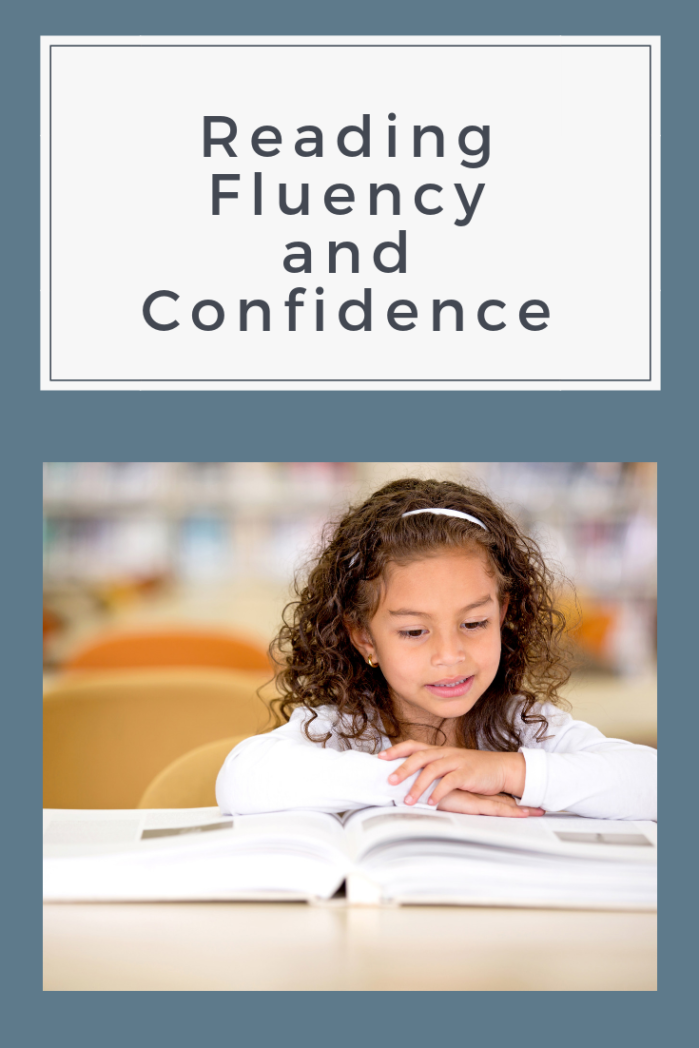
by Ann Mitchell | Aug 31, 2018 | Home
 Does your child struggle in both reading and math? As a Special Educator and a tutor, I have worked with many children who not only struggled in reading but struggled with math as well. During this past year, I have researched about the difficulties students have in school (reading and math). I mainly tutor struggling readers and have a concrete plan on how to close that gap quickly but math is different (for me it always has been) until recently. So if you have any questions about either please don’t hesitate to reach out.
Does your child struggle in both reading and math? As a Special Educator and a tutor, I have worked with many children who not only struggled in reading but struggled with math as well. During this past year, I have researched about the difficulties students have in school (reading and math). I mainly tutor struggling readers and have a concrete plan on how to close that gap quickly but math is different (for me it always has been) until recently. So if you have any questions about either please don’t hesitate to reach out.
 Reading
Reading
When kids struggle with reading they struggle with self-confidence. When they come home from school saying that they cannot read the same chapter books as their friends. I totally understand. Sometimes tears are shed during homework time at the kitchen table, even getting them to read for twenty minutes before bed is a lost cause. I have worked with children since 2008 on their reading skills. Online tutoring has not only grown but helps raise that confidence in the privacy of your own home with books that are at their level.
Homework Suggestions
I offer a FREE Reading Assessment using the QRI 5. I assess sight words and vocabulary understanding. Over time you will see that smile, the enjoyment of reading and the headaches are gone.
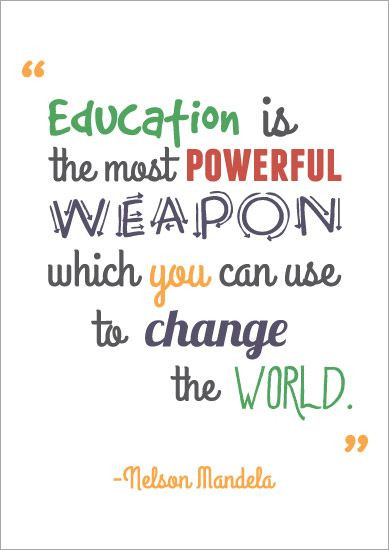
 Math
Math
When I was young I had the hardest time with math. If it was not for my math college professor that showed me how math works in the real world and made it fun I actually did my problems set to music (humming really). You won’t ever catch me singing. Talking about singing you use math. Gardening you use math. Cooking a meal you definitely use math. Who’s hungry?
I have plenty of resources and professional development courses on different resources and assessments on how to help students with math. Examples would include hands-on / multi-sensory learning. Have a number line available, work on tracing the numbers so that they know the symbols and amounts. Just as in reading somethings just need to be memorized.
First, if your child is struggling in both reading and math is to stay in close contact with the school. (teachers. counselors, principal) If you do not see any improvement after a few months, for example from the beginning of the school year until just before the holiday break in December. So that if testing needs to be completed they can schedule it for right after they return to school. A request for testing needs to be in writing to any of the people listed above.
Second, reach out to me with any questions and a FREE assessment, which is never a reason for tutoring but of course, it is always offered. Check out my website Castle Rock Online Reading Tutor and if you would like to schedule something please let me know. An excellent resource for more information is http://www.wrightslaw.com/ has come in handy quite a bit in my journey as a Special Educator.
The MORE that you READ, the more THINGS you will KNOW.
The MORE you LEARN, the more PLACES you’ll GO! – Dr. Suess
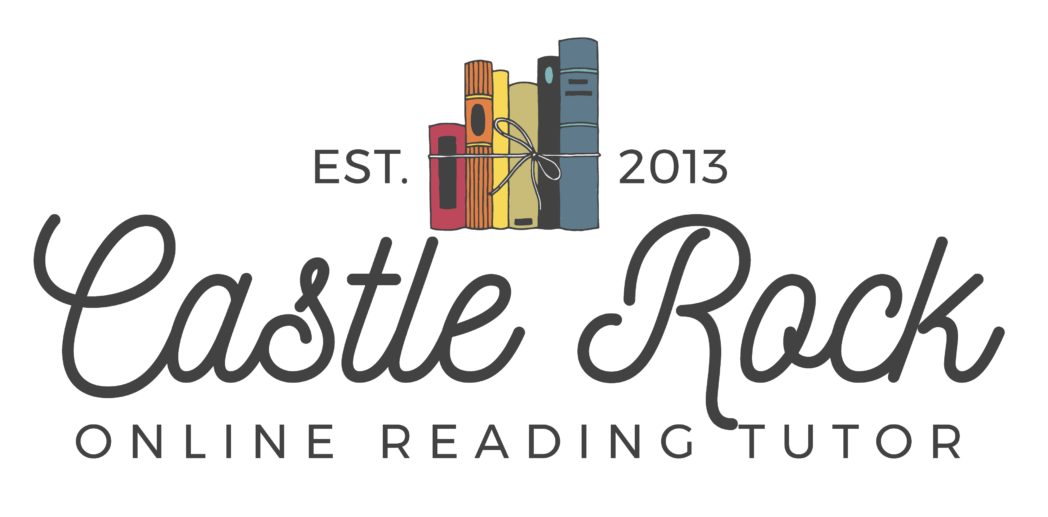
Social media is a 24/7 resource for anyone to gain support. Follow me / Share/ Like
Facebook Pinterest Instagram YouTube Linked In
[contact-form to=’castlerocktutoring@gmail.com’ subject=’Questions about reading and math’][contact-field label=’Name’ type=’name’ required=’1’/][contact-field label=’Email’ type=’email’ required=’1’/][contact-field label=’More information about reading, math and possible discounts’ type=’checkbox-multiple’ options=’Agree’/][contact-field label=’Comment’ type=’textarea’ required=’1’/][/contact-form]
by Ann Mitchell | Aug 17, 2018 | Home
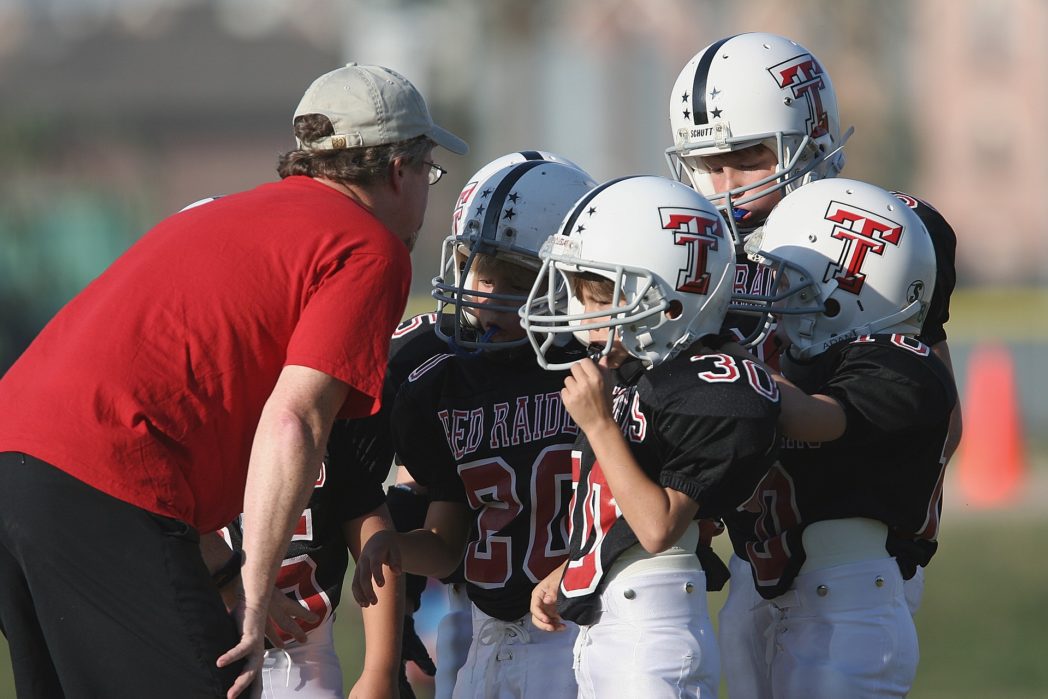 This time of year is so busy. Parents and their kids are wrapping up Summertime projects and returning to school. Many sports teams are getting ready to start their seasons. Whether it is little league or the big league reading is a major part of learning the sport. Kids always dream of being the big football or tennis star. What are some of the requirements of becoming a college-bound football player for example?
This time of year is so busy. Parents and their kids are wrapping up Summertime projects and returning to school. Many sports teams are getting ready to start their seasons. Whether it is little league or the big league reading is a major part of learning the sport. Kids always dream of being the big football or tennis star. What are some of the requirements of becoming a college-bound football player for example?
While learning about college level sports the NCAA came to mind. Each state is different but in the article written by Dr. Bruce J. Bukowski,” A Comparison of Academic Athletic Eligibility in Interscholastic Sports in American High Schools” states that GPA varied across the 125 schools studied but the average needs to be 2.0 – 2.5 to move onto the college level. (Bukowski, 2018) The recruitment for high school athletes occurs throughout the year. Check out the 2018 –
2019 calendar here.
What’s it take to be eligible to apply for Division I or II status?
- First, you would need to create an account here
- Transcripts
- Test scores (ACT, SAT)
- Proof of high school graduation
There it is proof of high school graduation. If you cannot graduate or have a high enough score on an ACT or SAT to get into that dream school, those transcripts are going, to tell the truth. On those graduating transcripts, it will show grades during your entire high school career.
The high school career begins when that dreamer starts playing little league. Sure there is pressure to hit that home run, run in that touchdown or score that goal. The most important things are grades and that high school career if that dreamer wants to play college sports. What are the odds of going straight to the Pros? Here is what we found is that approximately 8 in every 10,000 college level players move on the professional level. Based upon the article (2018) 1.5%of high school athletes make it straight to the pro league.
So what does reading have to do with sports? If you have a child who has just started in that little league (a dreamer) who thinks they could go and be the big pro player and struggles with reading. Contact Castle Rock Online Reading Tutor I will be more than happy to help support your child in reading or direct them to an ACT or SAT tutor.
“Champions keep playing until they get it right” – Billy Jean King

by Ann Mitchell | Jul 3, 2018 | Home

A while ago I was given the chance to share some amazing fun and educational rainy day activities by Jenny Wise from www.specialhomeeducator.com. While it may be Summer and very hot right now. Imagine a rainy day…
While you might love cozying up inside on a rainy day, chances are your kids don’t feel the same. Of course, bad weather doesn’t have to mean the fun ends – there are plenty of activities you can set up to keep your kids occupied while they are cooped up inside. This also doesn’t have to equate to them sitting down to play video games for hours on end — you can actually boost their health and education at the same time. Here are a few ideas.
Fitness
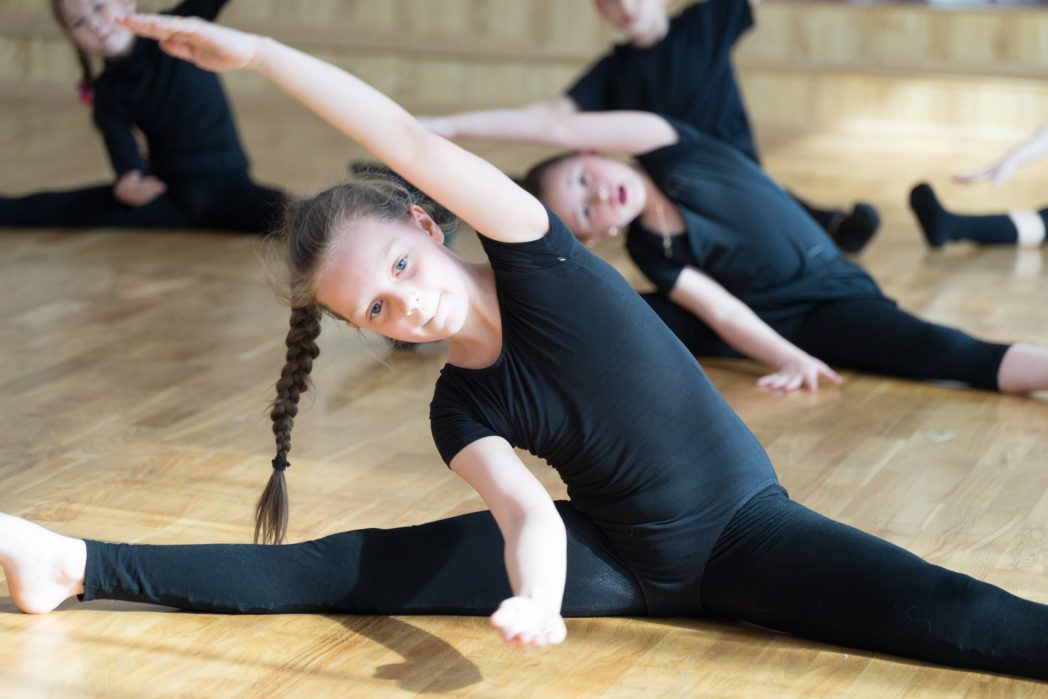 Exercise is crucial for health at any age. Exercise builds strength in the muscles and bones, helps to burn fat, and reduces the risk of a range of serious diseases like diabetes. Yet today children are more sedentary than ever. You can help solve this problem by showing exercise videos for kids, of which there are plenty available on YouTube. Because very few kids get excited at the prospect of exercising, these videos are often exercising routines in disguise. For example, they might teach a fun dance routine, or incorporate games into the exercise session.
Exercise is crucial for health at any age. Exercise builds strength in the muscles and bones, helps to burn fat, and reduces the risk of a range of serious diseases like diabetes. Yet today children are more sedentary than ever. You can help solve this problem by showing exercise videos for kids, of which there are plenty available on YouTube. Because very few kids get excited at the prospect of exercising, these videos are often exercising routines in disguise. For example, they might teach a fun dance routine, or incorporate games into the exercise session.
Finance
Even though kids who learn about finance end up with better financial habits in adulthood, children receive only limited financial education in school. This not only leaves them less able to manage their money intelligently, but it means they struggle to understand the complex financial world. This could not be truer when it comes to real estate — which makes this a very useful area for kids and teens to learn about using fun apps and games. “Real estate is a complex field that requires skills in math, science, English, social studies and home economics,” Redfin states. By incorporating real estate-based lessons into your rainy-day curriculum, you can your help children gain valuable skills in practical math application, presentation giving, forming a persuasive argument, earth science and more.
when it comes to real estate — which makes this a very useful area for kids and teens to learn about using fun apps and games. “Real estate is a complex field that requires skills in math, science, English, social studies and home economics,” Redfin states. By incorporating real estate-based lessons into your rainy-day curriculum, you can your help children gain valuable skills in practical math application, presentation giving, forming a persuasive argument, earth science and more.
Science
 Kids can learn about science in a fun and engaging way by becoming mad scientists and conducting their own experiments. They get to take a hands-on approach to their learning while seeing practical, real-life effects of scientific principles. Not only does this make the learning process more interesting, it can also deepen their understanding and help them retain the knowledge they have learned. Look up some experiments online — many of them can be completed with everyday items that you’ll likely have around. For example, the lava glass experiment described at Earth Science Jr just needs water, salt, oil and food coloring, and it enables kids to make their own lava lamp while learning about liquid density and the solubility of materials.
Kids can learn about science in a fun and engaging way by becoming mad scientists and conducting their own experiments. They get to take a hands-on approach to their learning while seeing practical, real-life effects of scientific principles. Not only does this make the learning process more interesting, it can also deepen their understanding and help them retain the knowledge they have learned. Look up some experiments online — many of them can be completed with everyday items that you’ll likely have around. For example, the lava glass experiment described at Earth Science Jr just needs water, salt, oil and food coloring, and it enables kids to make their own lava lamp while learning about liquid density and the solubility of materials.
Music
For more musically-minded kids, a rainy day is a perfect time to build some skill in an instrument or singing. You have a few different avenues that you can pursue here. First, you could try real-time music lessons over Skype or a similar program, with teachers who specialize in teaching children. These will give kids the greatest benefit in terms of learning because the lessons will be tailored to their skill level. However, you will, of course, have to pay for the lessons. Secondly, in a similar vein to the exercise videos, you could find some YouTube videos showing music lessons for kids — these usually focus on specific instruments or genres of music. Thirdly, you could look up some interactive web or mobile apps that allow kids to have fun and make music while learning about music theory — PBS Kids has a good selection which you can find here.
Hopefully, these activities will prove to your kids that the fun doesn’t end just because the sun has gone away. As an added benefit, they’ll learn new things, develop their curiosity, and improve their health.
Which activity will you start with today?
[contact-form][contact-field label=’Name’ type=’name’ required=’1’/][contact-field label=’Email’ type=’email’ required=’1’/][contact-field label=’Website’ type=’url’/][contact-field label=’Comment’ type=’textarea’ required=’1’/][/contact-form]
by Ann Mitchell | Mar 5, 2018 | Home
It is hard to imagine but there are only a few short weeks left of school. This time of year also includes State testing and many other assessments and activities that will make the last part of the year seem like it is at a standstill for some but for others, it will fly by and before you know it… Summer.
Is your child ready to move on?
Did you ask the right questions?
Here are just a few you could put on your list.
1. Do you think my child is reaching her/his potential? This will help give guidance on how to help support your child more at home. Ask if they are struggling with a certain subject. Common Core Math is very difficult for some parents to grasp.

2. What can I do at home to help support academic success? Depending on what the summer holds and what subject your child may need support in you may think about a tutor as well.

3. How are my child’s social skills? This sometimes may be hard to answer. Is your child an introvert or an extrovert? Are they different at school than they are at home? It is good to know this. Is there bullying going on that you are not aware of?
4. Does my child consistently hand in their homework on time? The older child even needs reminders on the organization at the end of the school year. Make sure that your child is ready to move forward.
5. Lastly, ask if your child is ready for their teacher’s opinion to move forward to the next grade? The next school? Remember your child’s teacher should be a team player to help you gain knowledge about your child that you may not have known. They are there to help and support your family.
Information for this article was brought to you by Castle Rock Tutoring and Understood.org




 have mainly words on it)
have mainly words on it)
 Does your child struggle in both reading and math? As a Special Educator and a tutor, I have worked with many children who not only struggled in reading but struggled with math as well. During this past year, I have researched about the difficulties students have in school (reading and math). I mainly tutor struggling readers and have a concrete plan on how to close that gap quickly but math is different (for me it always has been) until recently. So if you have any questions about either please don’t hesitate to reach out.
Does your child struggle in both reading and math? As a Special Educator and a tutor, I have worked with many children who not only struggled in reading but struggled with math as well. During this past year, I have researched about the difficulties students have in school (reading and math). I mainly tutor struggling readers and have a concrete plan on how to close that gap quickly but math is different (for me it always has been) until recently. So if you have any questions about either please don’t hesitate to reach out. Reading
Reading
 Math
Math
 This time of year is so busy. Parents and their kids are wrapping up Summertime projects and returning to school. Many sports teams are getting ready to start their seasons. Whether it is little league or the big league reading is a major part of learning the sport. Kids always dream of being the big football or tennis star. What are some of the requirements of becoming a college-bound football player for example?
This time of year is so busy. Parents and their kids are wrapping up Summertime projects and returning to school. Many sports teams are getting ready to start their seasons. Whether it is little league or the big league reading is a major part of learning the sport. Kids always dream of being the big football or tennis star. What are some of the requirements of becoming a college-bound football player for example?

 Exercise is
Exercise is  when it comes to real estate — which makes this a very useful area for kids and teens to learn about using
when it comes to real estate — which makes this a very useful area for kids and teens to learn about using  Kids can learn about science in a fun and engaging way by becoming mad scientists and conducting their own experiments. They get to take a hands-on approach to their learning while seeing practical, real-life effects of scientific principles. Not only does this make the learning process more interesting, it can also deepen their understanding and help them retain the knowledge they have learned. Look up some experiments online — many of them can be completed with everyday items that you’ll likely have around. For example, the lava glass experiment described at
Kids can learn about science in a fun and engaging way by becoming mad scientists and conducting their own experiments. They get to take a hands-on approach to their learning while seeing practical, real-life effects of scientific principles. Not only does this make the learning process more interesting, it can also deepen their understanding and help them retain the knowledge they have learned. Look up some experiments online — many of them can be completed with everyday items that you’ll likely have around. For example, the lava glass experiment described at 



